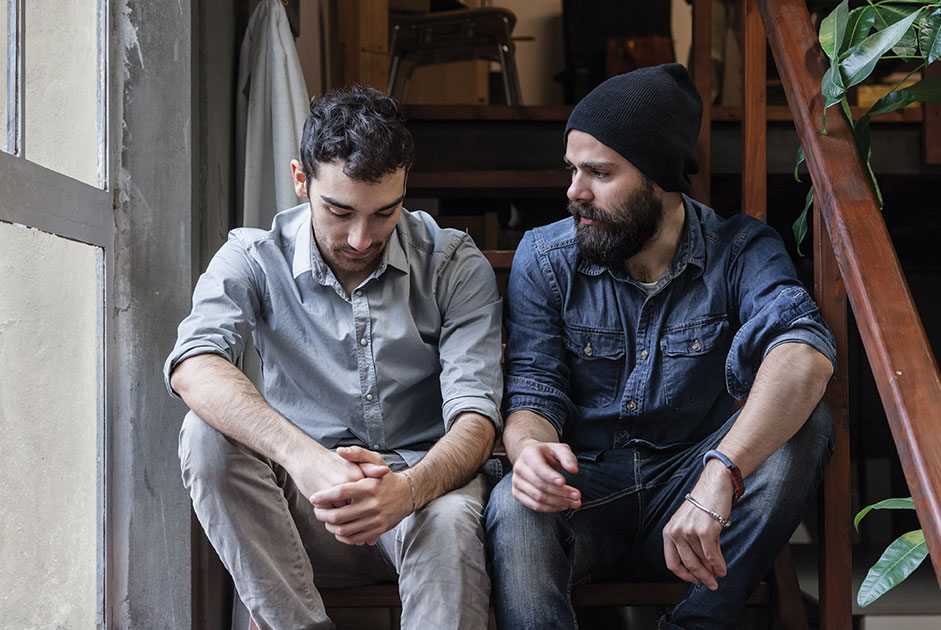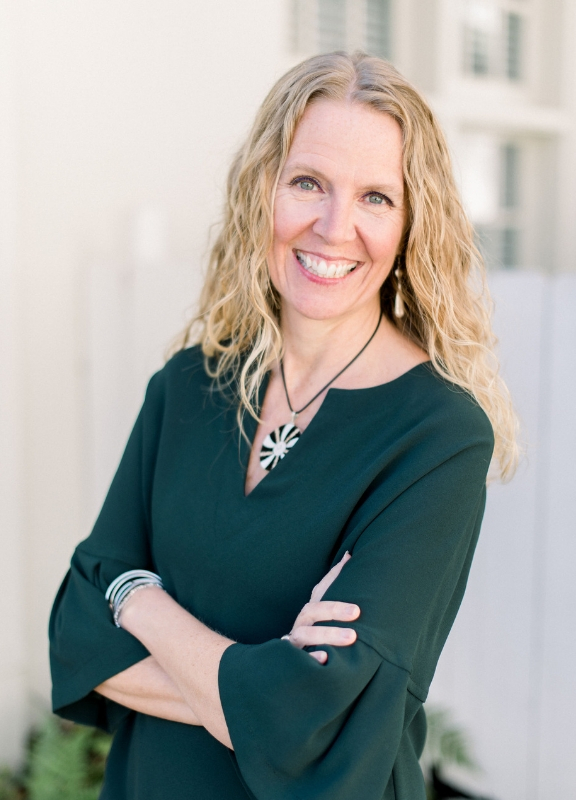Imagine yourself going to your local library to check out a book.
Now imagine that these are some of the titles you have to choose from:
Bipolar.
Refugee.
Unemployed.
Transgender.
Now, imagine that instead of books, you are actually there to “check out” another human being. You are visiting The Human Library!
The Human Library was created in 2000 in Copenhagen, Denmark by two brothers, Ronni and Dany Abergel and their colleagues, Asma Mouna and Christoffer Erichsen. Now a registered trademark and active in 50 countries, The Human Library is, in the true sense of the word, a library of people. The Human Library hosts events where readers can borrow people who are there to serve as an “open book” and provide conversations that you might not normally have access to.
Each human on their “bookshelves” represents a group in society that is often subjected to prejudice, stigmatization or discrimination because of their ethnic origin, social status, disability, beliefs, lifestyle or diagnosis. The goal is to fight against preconceived notions and prejudices by learning from a real person who acts as an “open book.” The Human Library takes the cliché of judging a book by its cover and turns it around in a way that encourages people to learn from and empathize with each other.
Although not quite available in the mainstream yet, The Human Library concept is beginning to work its way around the globe. In Denmark the platform is used as a part of the education of new social workers at the Institute of Social Work in Copenhagen. And here in the United States, medical students from Thomas Jefferson University in Philadelphia participate in a Human Library.
At a corporate level, it’s about creating an inclusive work environment, and increasing the employee’s ability to benefit from the great diversity that especially global companies are characterized by. Therefore some of the biggest companies in the world collaborate with the Human Library. This includes companies like Daimler, Heineken, eBay, Microsoft, and Eli Lilly.
The next time you find yourself in your local library… or coffee shop or restaurant… take a look around. Think for a moment what you might experience if one of the strangers you see offered themselves as an “open book” for you to learn from! Or consider what your title might be if YOU were the open book that others could check out?
Find out more about The Human Library at www.humanlibrary.org.






















